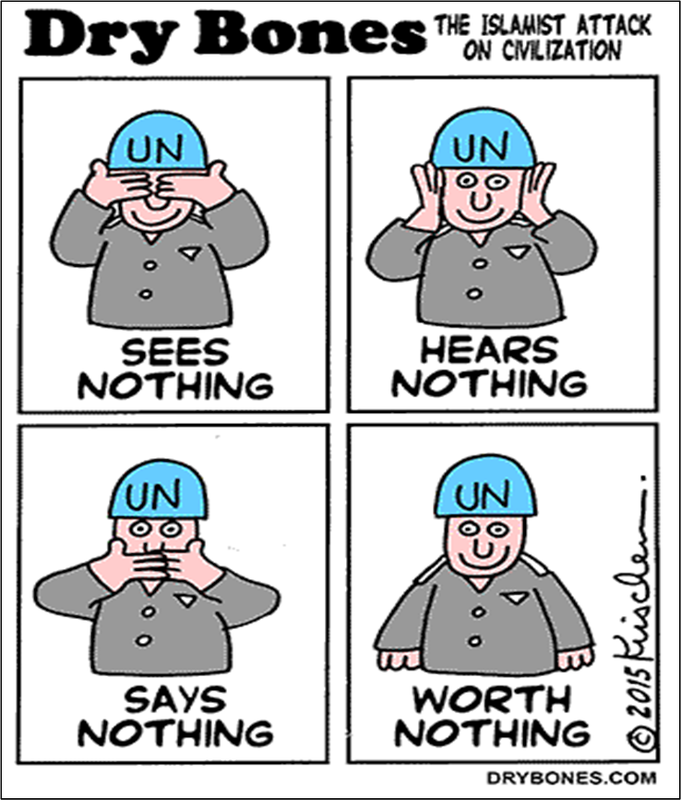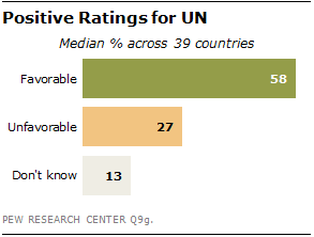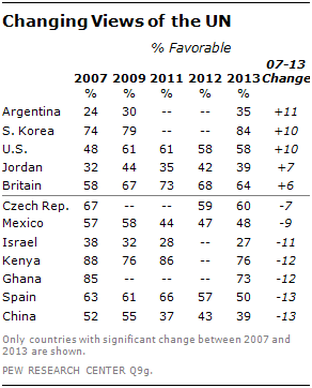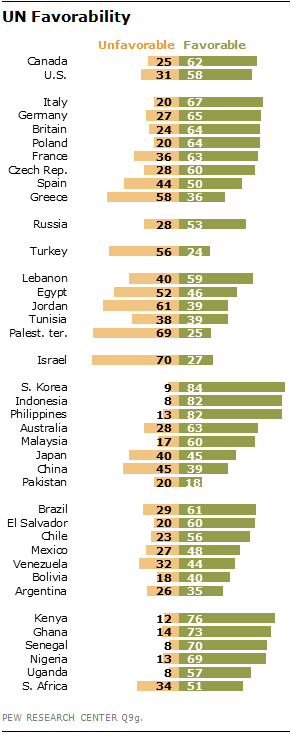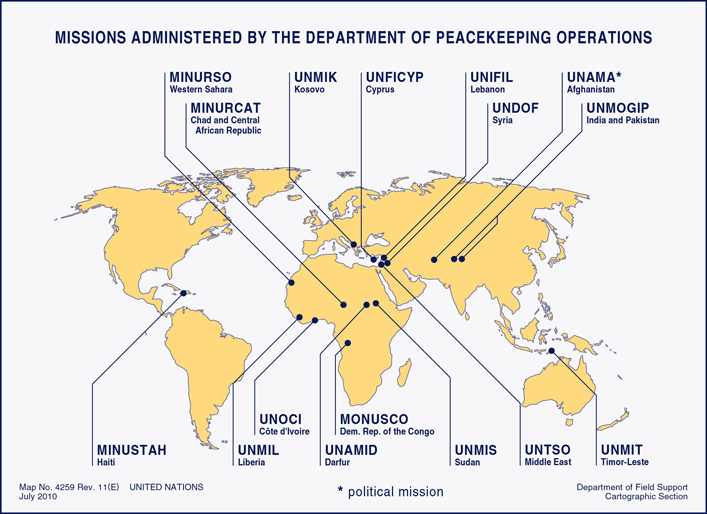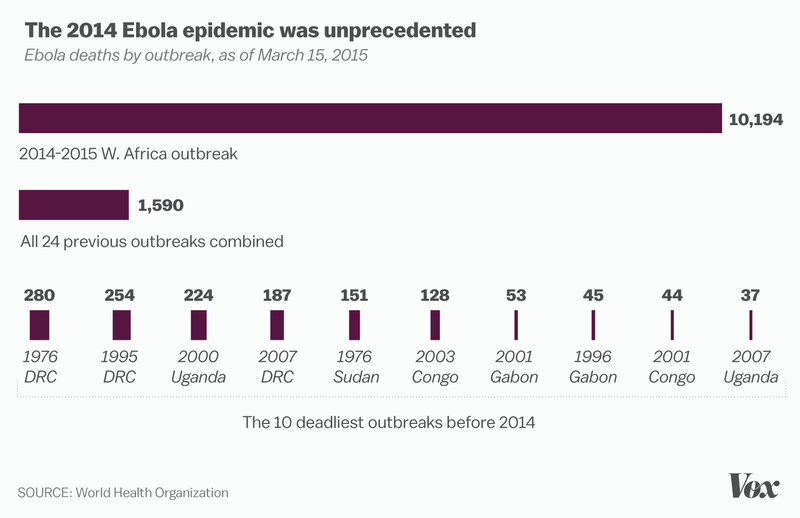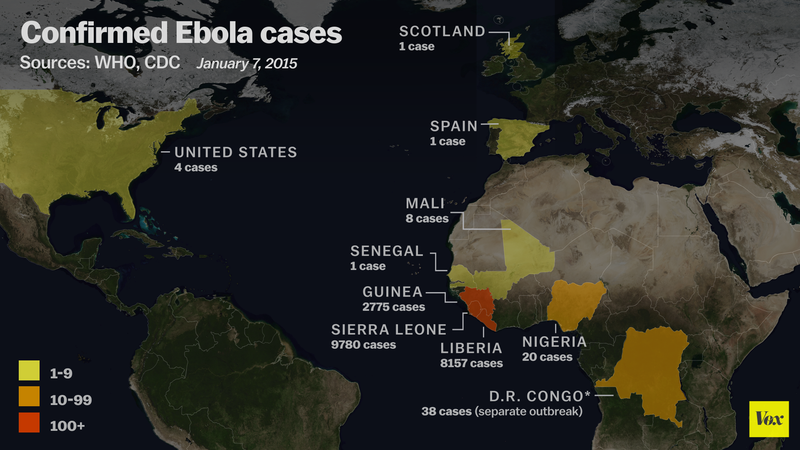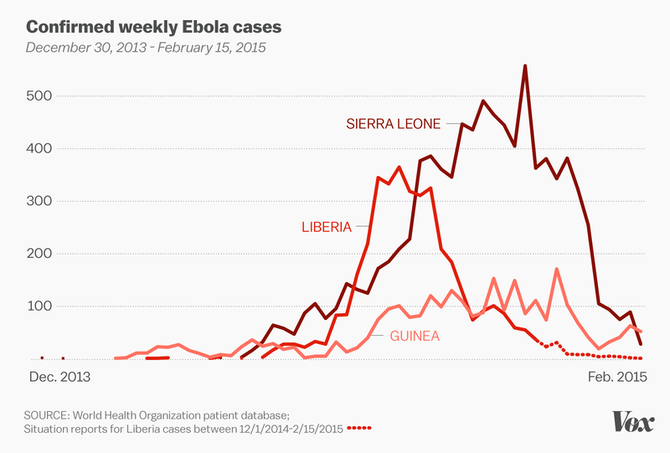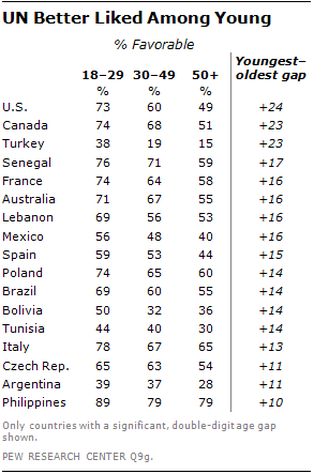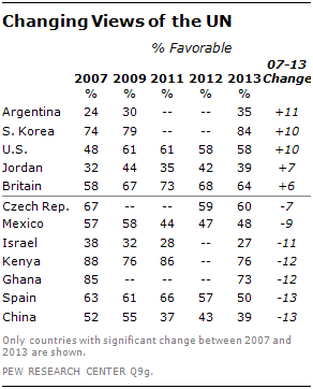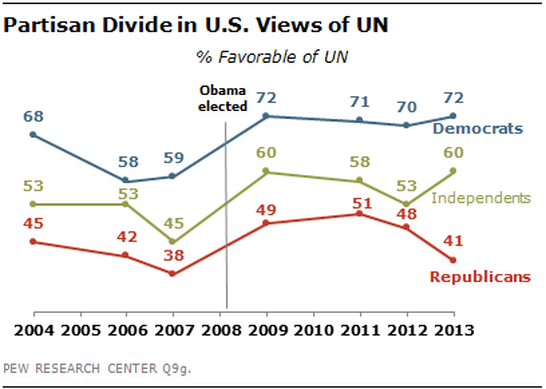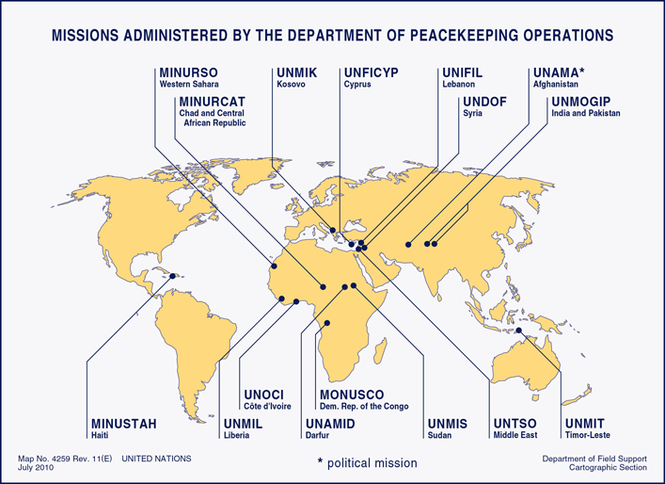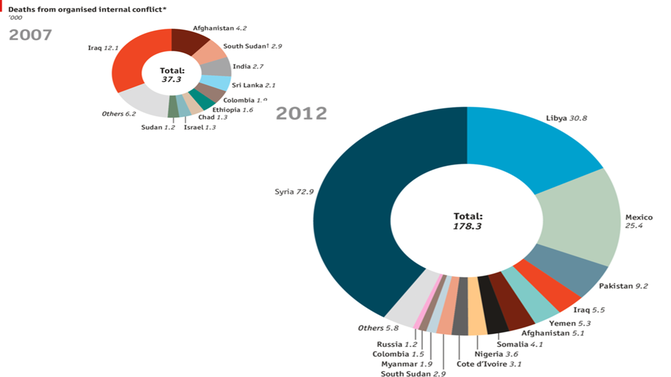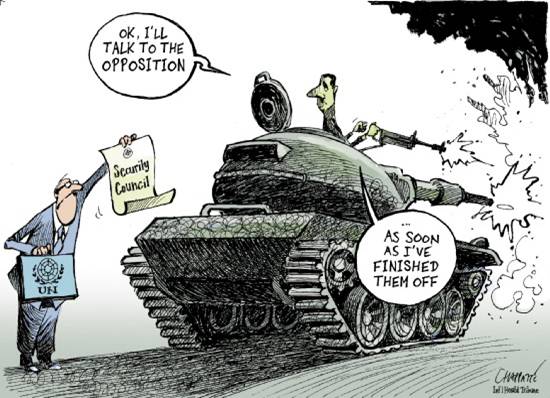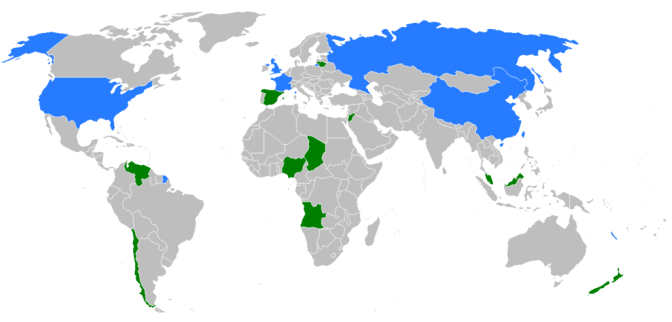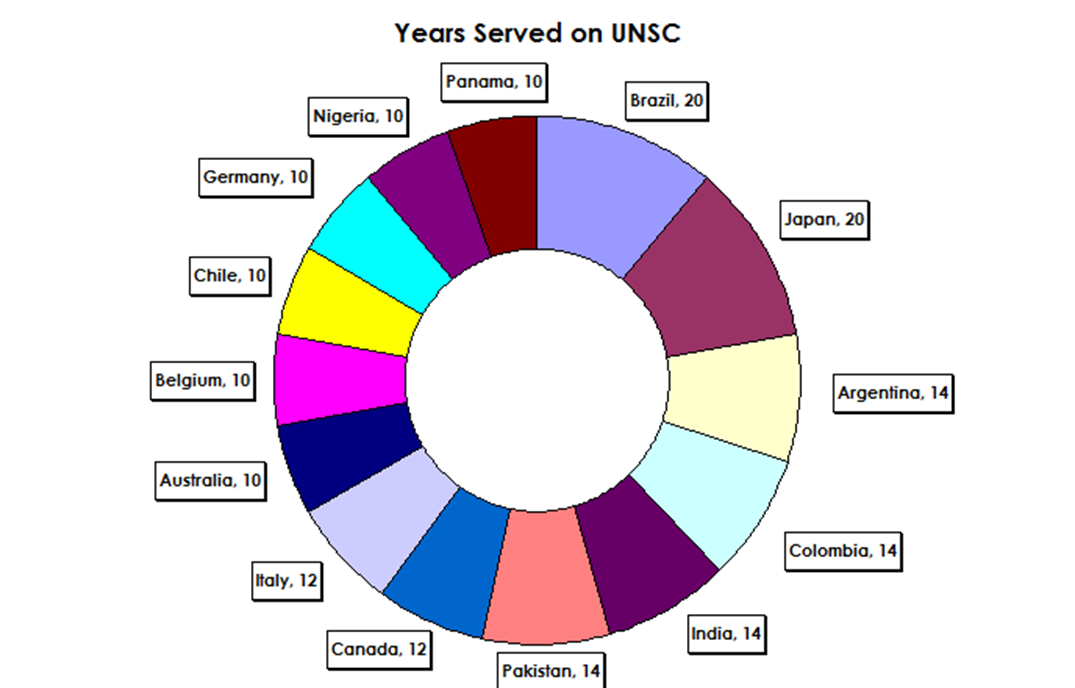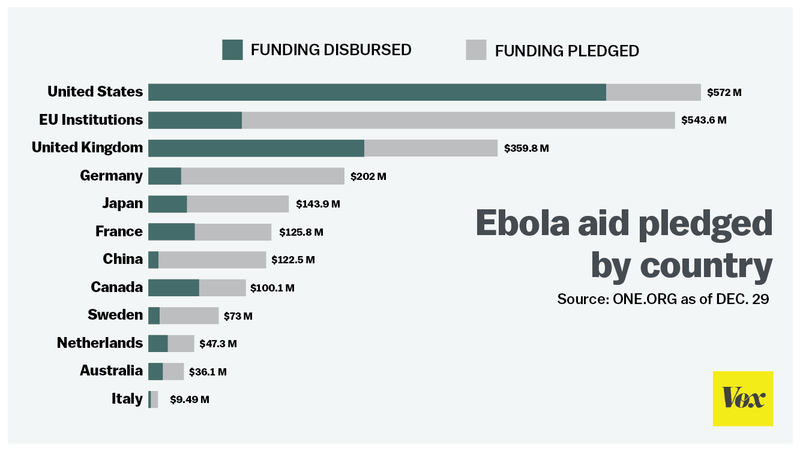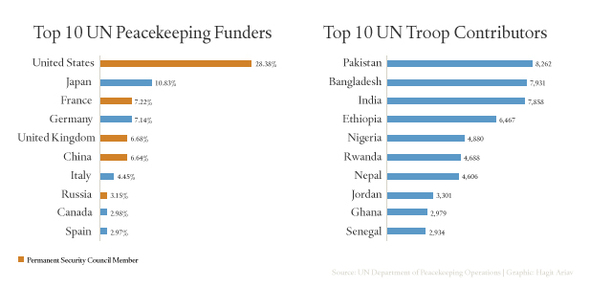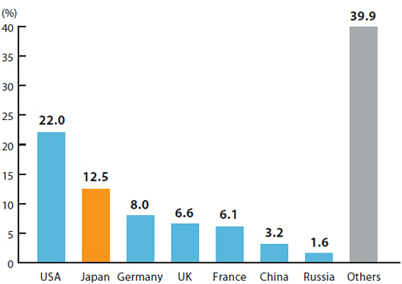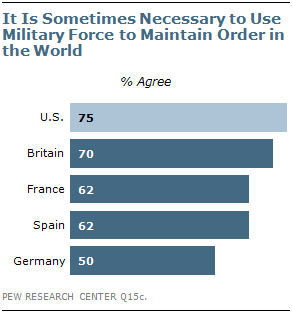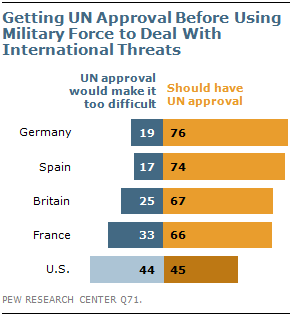The U.N. Debate:
Assessing and Evaluating the Validity, Relevance,
and Continued "Charter-Honoring"-Actions
of the United Nations
|
It's often easier to find criticism of the United Nations than enthusiastic praise and lauding of recent accomplishments. A simple glance at the cartoon on the right presumes that the United Nations "sees nothing, hears nothing, says nothing" and is therefore, "worth nothing".
So, 70 years later, is the United Nations "doing its job"? According to President Dwight Eisenhower, the UN “represents man’s best organized hope to substitute the conference table for the battlefield.” And one of the first security-generals said “The UN was not created to take humanity to heaven but to save it from hell.” So what is it? Is the United Nations still man’s best hope? |
Let's continue to work on our writing skills! Former Secretary of State under President Bill Clinton Madeline Albright gave an interview with Foreign Policy Magazine in which she defended the policies of the United Nations. However, she's just one woman with one opinion; contrasting and conflicting data might prove her otherwise, or, it'll just reinforce her opinion!
The skill of "synthesis" ("blending" multiple sources into one, cohesive argument) is a higher-level thinking skill and requires both baseline knowledge, comprehension, and analysis. For each statement point below, I want you to blend the two streams of data into one argument, as you would in an essay.
Let's get started. Below, you'll see the "argument" asked to Ms. Albright in that interview with Foreign Policy Magazine. Note that it's the same argument on your paper, and the one I'm asking you to defend or disagree with. Below the argument is Ms. Albright's response to the question. And below that paragraph of text is data I've compiled related to the original argument asked.
Your goal is to respond to the argument asked, as Ms. Albright did, using either her responses and/or the data provided. Take an initial stand (circle "yes" or "no"), and then use the data to back up your argument!
The skill of "synthesis" ("blending" multiple sources into one, cohesive argument) is a higher-level thinking skill and requires both baseline knowledge, comprehension, and analysis. For each statement point below, I want you to blend the two streams of data into one argument, as you would in an essay.
Let's get started. Below, you'll see the "argument" asked to Ms. Albright in that interview with Foreign Policy Magazine. Note that it's the same argument on your paper, and the one I'm asking you to defend or disagree with. Below the argument is Ms. Albright's response to the question. And below that paragraph of text is data I've compiled related to the original argument asked.
Your goal is to respond to the argument asked, as Ms. Albright did, using either her responses and/or the data provided. Take an initial stand (circle "yes" or "no"), and then use the data to back up your argument!
1: "The United Nations
Has Become Irrelevant”
Definition: "Irrelevant" means "Useless, or Not Important"
No. [Recent civil wars in Syria and] have hurt the United Nations' already shaky reputation. Yet, recently, the United Nations has successfully coordinated the global response to the crisis of Ebola in Africa in 2014. Meanwhile, the World Food Program has fed more than 70 million people annually for the last five years; the U.N. High Commissioner for Refugees maintains a lifeline to the international homeless; the U.N. Children's Fund has launched a campaign to end forced childhood marriage; the Joint U.N. Programme on HIV/AIDS remains a focal point for global efforts to defeat HIV/AIDS; and the U.N. Population Fund helps families plan, mothers survive, and children grow up healthy in the most impoverished places on earth.
2: "Relations Between the United States and The United Nations Are at an All-Time Low”
Definition: "Relations" means "Feelings Toward" or "Relationships"
Not even close. Approximately 73% of young people in the United States see the United Nations in a “favorable” light. Polls continue to show that a significant majority of U.S. citizens believe the United States should seek U.N. authorization before using force and should cooperate with other nations through the world body.
3. “UN Peacekeeping Missions
Have Failed”
Definition: "Peacekeeping Missions" are designed to prevent problems
Untrue. U.N. peacekeeping has maintained order in such diverse places as Namibia, El Salvador, Cambodia, eastern Slavonia, Mozambique, and Cyprus. The traditional U.N. mission is a confidence-building exercise, conducted in strict neutrality between parties that seek international help in preserving or implementing peace.
U.N. peacemaking, however, is quite another matter. Peacemaking is a hard, dangerous, and often thankless task. To deter people with guns, other people with more and bigger guns are necessary, and finding such people is not easy. It is one thing to expect a soldier to risk life and limb defending his or her homeland.
U.N. peacemaking, however, is quite another matter. Peacemaking is a hard, dangerous, and often thankless task. To deter people with guns, other people with more and bigger guns are necessary, and finding such people is not easy. It is one thing to expect a soldier to risk life and limb defending his or her homeland.
4. “The UN Security Council Should Be Enlarged”
Definition: The "Security Council" is a group of 5 countries (the United States, Britain, France, China, and Russia) who are basically "in charge" of all of the other United Nations countries. The argument is that these 5 countries are too small, or that they should be rotated...
Indubitably. [TRANSLATION: Definitely!]
The United Nations' founders assigned permanent membership and veto authority to the five leading nations on the winning side of World War II: the United States, Great Britain, France, the Soviet Union, and China. Obviously, the world has changed a bit since 1945: U.N. membership has more than tripled, and three of the eight most populous nations in the world can now be found in South Asia. It's time we revisit the Security Council's power of those 5 member nations.
The United Nations' founders assigned permanent membership and veto authority to the five leading nations on the winning side of World War II: the United States, Great Britain, France, the Soviet Union, and China. Obviously, the world has changed a bit since 1945: U.N. membership has more than tripled, and three of the eight most populous nations in the world can now be found in South Asia. It's time we revisit the Security Council's power of those 5 member nations.
5. “The United Nations Is a
Threat to the Sovereignty
of the United States”
Definition: "Sovereignty" means "power" or "independence"
Balderdash. [TRANSLATION: “That’s crap!”] The United Nations has no armed forces of its own, no power of arrest, no authority to tax, no right to confiscate, no ability to regulate, and no capacity to override treaties, despite the paranoia of some.
